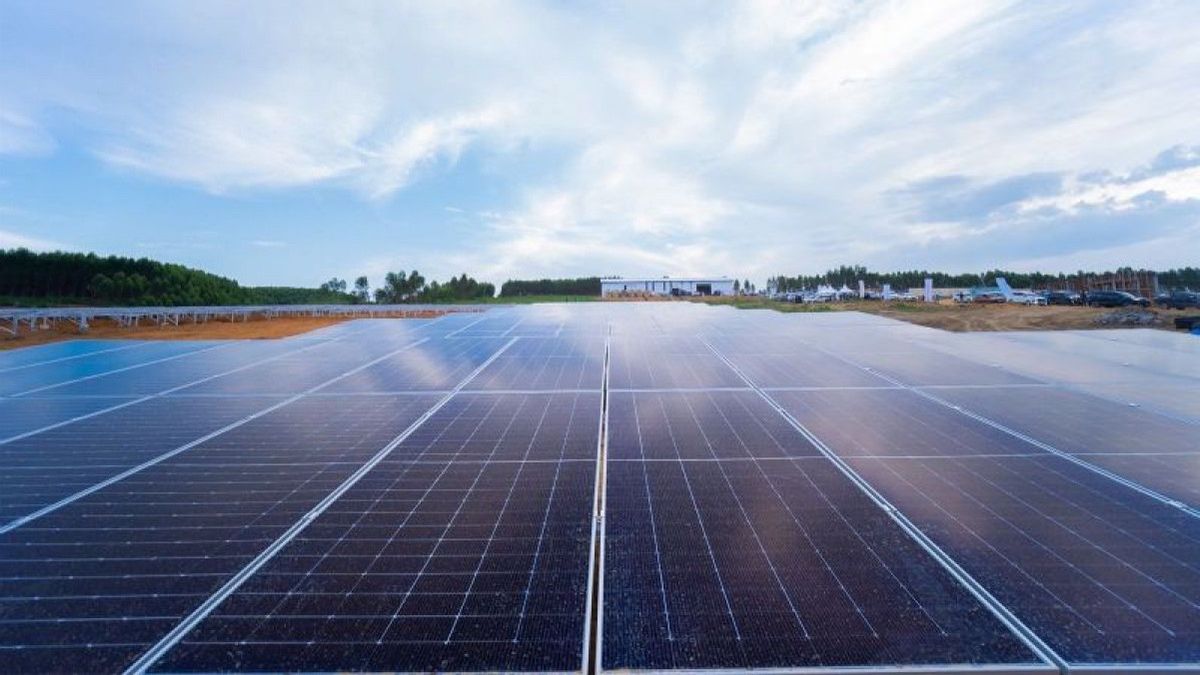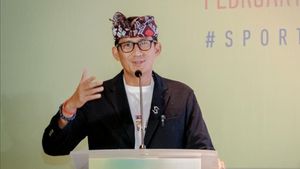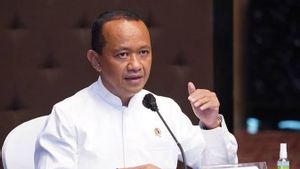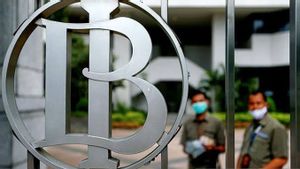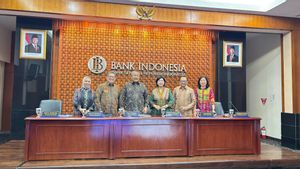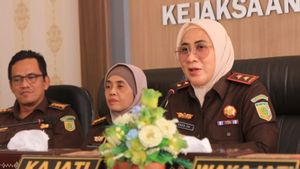JAKARTA - Executive Director of independent research institutions for the energy economy and mining sector of the Commaidi Notonegoro Reform Institute, said that the development of new and renewable energy (EBT) requires strong commitment and even further intervention from the government.
Komaidi said that many EBT developers in Indonesia were faced with unbalanced market conditions and a 'high risk' situation, low yields.
Currently, he said, many EBT developers have difficulty selling their products because there is only one main buyer, namely PLN.
This condition makes the developer's bargaining position weak and difficult to get a fair price.
The current development of EBT is high risk, low return. Want to sell, but faced with a single buyer. This is what I think we must realize together, including policy makers so that (eBT development) can be high risk, high return," he said.
Komaidi suggested that the government intervene in the development of EBT, including intervention in electricity SOEs, namely PLN.
This intervention is considered necessary to ensure that PLN is offtaker or an electricity buyer wants to buy electricity from the EBT developer at a reasonable price.
"If PLN is not able to absorb all the electricity produced, the government needs to facilitate a power steering mechanism so that EBT developers can sell their electricity to other parties," he said.
Power steering is a mechanism for transferring electrical energy from private generators to state/PLN-owned operating facilities by utilizing the PLN transmission/distribution network.
"If you can't power wheeling, the government must provide subsidies. So there must be a guarantee that the electricity produced by the EBT developer must be absorbed 100 percent, otherwise it will not develop," he explained.
Efforts to develop EBT face challenges because until now there has been no specific law governing the development of renewable energy.
In fact, the government has a 23 percent EBT mix target by 2025. The EBT achievement in 2023 will only reach 13.09 percent.
Even so, the government is currently intensively discussing and drafting the Draft Law on New Energy and Renewable Energy with the DPR, which is expected to be a comprehensive regulation to create a climate for sustainable and fair energy development of EBT.
SEE ALSO:
Previously, the government had launched Presidential Regulation Number 112 of 2022 concerning the Acceleration of EBT Development for Electricity Supply as an effort to attract more investment in renewable energy development.
Not only regulating the use of renewable energy in terms of prices and procurement mechanisms, but also the energy transition in the electricity sector which includes roadmaps to accelerate the termination of PLTU and restrictions on the construction of new plants.
The English, Chinese, Japanese, Arabic, and French versions are automatically generated by the AI. So there may still be inaccuracies in translating, please always see Indonesian as our main language. (system supported by DigitalSiber.id)
